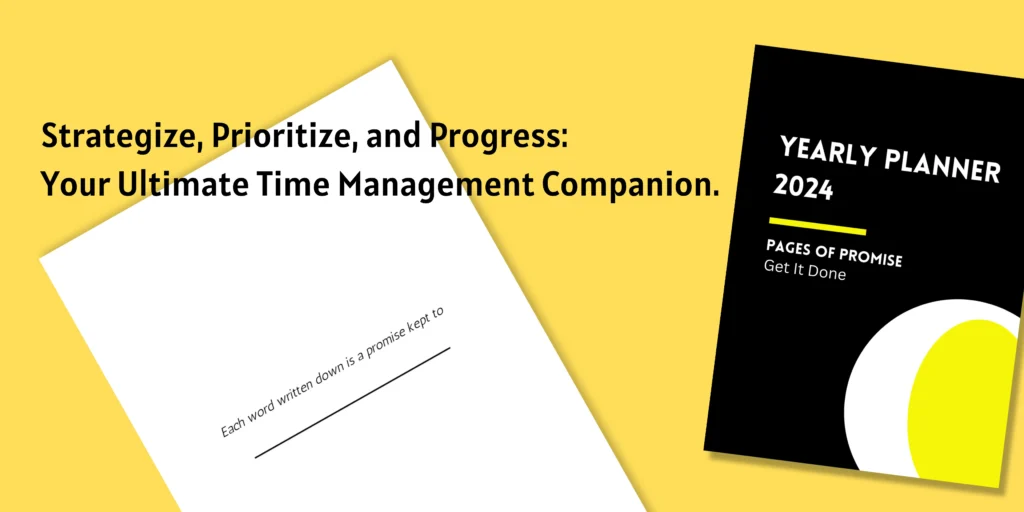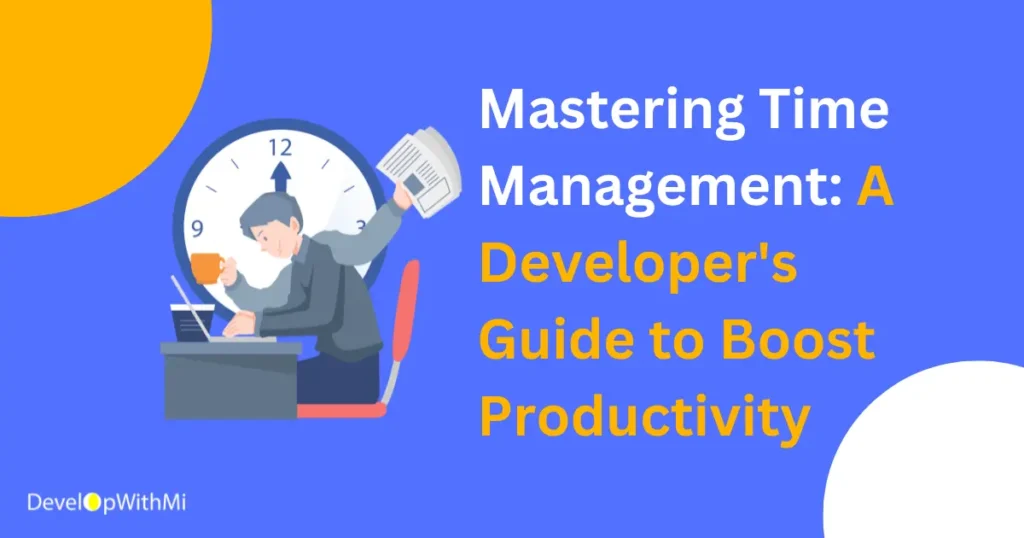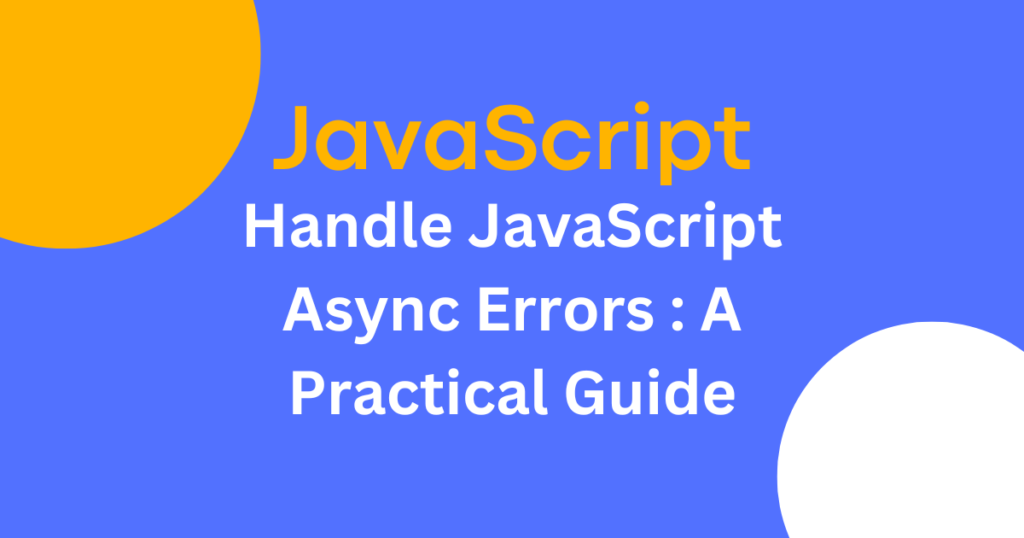As a developer, time is your most valuable resource. The ability to manage it effectively can be the difference between meeting deadlines with ease and feeling constantly overwhelmed. In this guide, we’ll explore strategies to help you master time management and boost your overall productivity.
Prioritize Your Tasks
Start by creating a list of tasks for the day or week. Identify the most critical tasks that contribute directly to your project’s progress. Prioritizing tasks allows you to focus on what truly matters and ensures that important deadlines are met.
Effective time management begins with clear prioritization. Rather than juggling tasks haphazardly, a structured approach ensures that you’re always aligned with your goals.
Introducing Our Specialized Planner:
Our planner is meticulously designed to elevate your time management game. With its unique categorization system, you can seamlessly organize tasks based on their urgency and importance:

Guide to Using the Categorized Weekly Planner
1. Urgent and Important: “Immediate Action Zone”
- Description: Tasks in this category require your immediate attention. They are both time-sensitive and significant to your goals or well-being.
- Action Steps:
- Prioritize: Begin your week by identifying these tasks first. Assign specific times or slots in your week dedicated to tackling them.
- Action Prompt: Use symbols or colors to highlight these tasks for quick identification.
- Completion: Ensure you complete these tasks within the week or as soon as possible.
2. Urgent but Not Important: “Delegate or Minimize Zone”
- Description: These tasks might seem pressing but might not align directly with your long-term goals. They could be routine tasks or activities that others can handle.
- Action Steps:
- Assess: Determine if these tasks can be delegated to someone else.
- Limit: If delegation isn’t an option, allocate limited time for these tasks, ensuring they don’t overshadow the truly important ones.
- Re-evaluate: Reflect on whether these tasks recur frequently. If so, consider ways to streamline or automate them.
3. Not Urgent but Important: “Strategic Planning Zone”
- Description: These tasks contribute to your long-term goals, personal growth, or significant projects. While they might not demand immediate action, they shouldn’t be ignored.
- Action Steps:
- Schedule: Dedicate specific time blocks in your week to focus solely on these tasks.
- Break Down: If a task seems overwhelming, break it into smaller, manageable sub-tasks.
- Celebrate Progress: As you make strides in these tasks, acknowledge and celebrate your progress, even if the end result is still distant.
4. Not Urgent and Not Important: “Re-evaluate or Eliminate Zone”
- Description: Tasks in this category are often distractions that neither contribute to immediate needs nor align with your long-term goals.
- Action Steps:
- Assess Value: Determine if these tasks provide any value or joy. If not, consider eliminating or reducing them.
- Reallocate Time: If you find yourself consistently allocating time to these tasks, reconsider how you’re managing your time and priorities.
- Stay Mindful: Be aware of activities or tasks that drift into this category. Regularly review and adjust your priorities to stay focused.
By leveraging this planner, you’re not just listing tasks; you’re strategically positioning them for optimal productivity.
Prioritize and Progress:
Start each day or week by identifying pivotal tasks. Allocate them to the appropriate category in the planner. This approach ensures that crucial deadlines are met while also fostering consistent progress towards broader objectives.
Ready to elevate your time management? Download our specialized planner here
Utilize the Pomodoro Technique
The Pomodoro Technique is a time management method that involves breaking your work into intervals, traditionally 25 minutes in length, separated by short breaks. This method can enhance your focus and prevent burnout by providing structured breaks.
Set Realistic Goals
Avoid overwhelming yourself with an unrealistic workload. Set achievable goals for each day, and celebrate small victories along the way. Realistic goals contribute to a sense of accomplishment, keeping you motivated and on track.
Embrace the Two-Minute Rule
If a task takes less than two minutes to complete, do it immediately. This rule helps clear the small, quick tasks from your to-do list, preventing them from accumulating and becoming a source of stress.
Use Time-Blocking Techniques
Allocate specific blocks of time to different types of tasks. For example, reserve mornings for coding, afternoons for meetings and collaboration, and evenings for personal development or relaxation. Time-blocking helps create a structured routine that optimizes your productivity.
Minimize Distractions
Identify and minimize distractions in your work environment. Turn off non-essential notifications, close unnecessary tabs or applications, and communicate your focused work times to colleagues. Creating a distraction-free zone enhances concentration.
Regularly Review and Adjust
Periodically review your time management strategies. Assess what works well and what could be improved. Be flexible and open to adjusting your approach based on the evolving demands of your projects.
Invest in Time Management Tools
Explore and utilize time management tools and apps that align with your preferences and workflows. Calendar apps, task management tools, and productivity apps can provide valuable support in organizing your schedule.
Mastering time management is an ongoing process that can significantly impact your effectiveness as a developer. By implementing these strategies and consistently refining your approach, you’ll find yourself navigating through tasks with greater efficiency, leaving more room for creativity and a healthier work-life balance. Remember, the key is not just to manage time but to make the most of it.
Happy coding!




